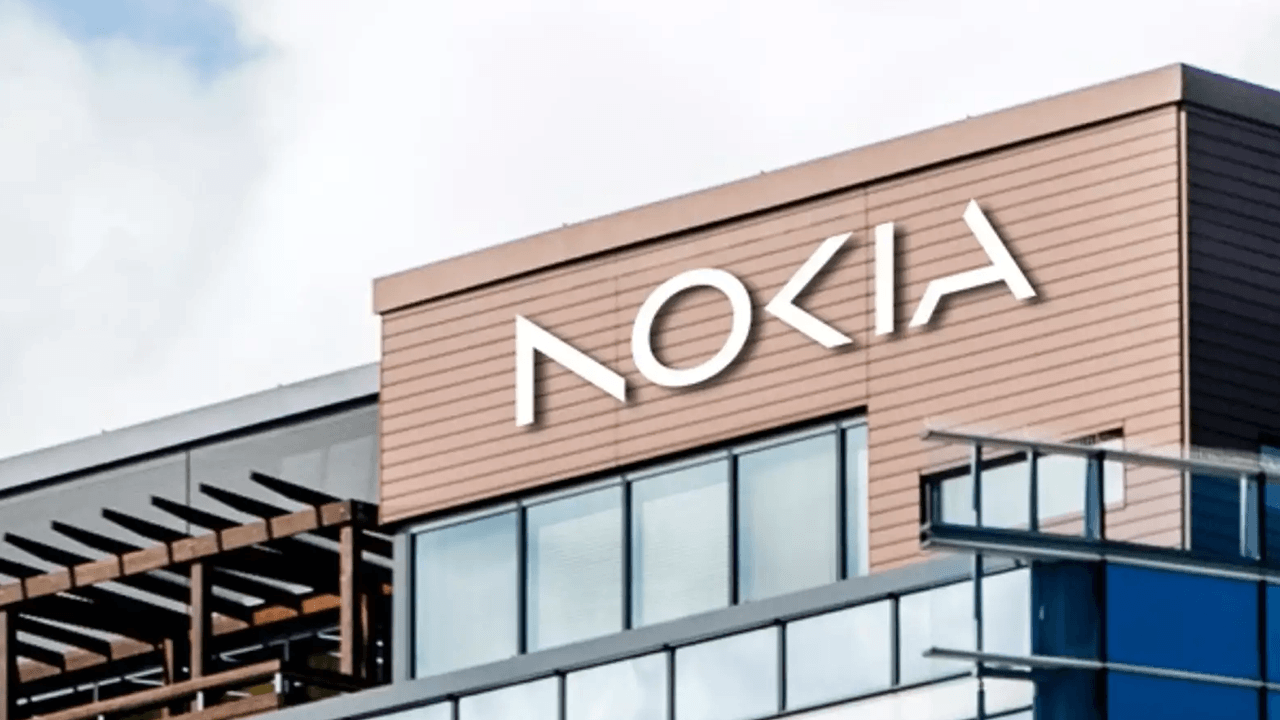Nokia has announced plans to invest €360 million in its Ulm and Nuremberg technology centers specifically aimed at the development of microelectronic technologies supporting 6G and artificial intelligence while both increasing power and energy efficiency.
As part of a four-year European IPCEI (Important Projects of Common European Interest) project, the Ulm and Nuremberg sites will be tasked with developing competitive software, hardware and high-performance systems-on-chips based on 5G-Advanced and 6G standards.
Supporting European climate targets established under the Green Deal, Nokia says that it's working with various research institutes and universities to further progress increased energy efficiency in future technologies developed.
Nokia’s president of mobile networks Tommi Uitto commented:
“Our research into microelectronics that will power future technologies such as 6G, artificial intelligence and the metaverse as well as develop networks that are more energy-efficient and powerful.
“Germany is an important market for Nokia, and we look forward to working with the government to produce cutting-edge technology that is ‘Made in Germany’.”
The move to develop technologies compliant with 5G-Advance and 6G standards follows Nokia’s abysmal Q3 2023 sales numbers that triggered a workforce reduction by up to 14,000 by the end of 2026. Nokia cited diminished interest and sales of its next-generation 5G equipment, and sales in the US plummeting by 40 percent in Q3 as key reasons behind the cost-cutting measures.
The IPCEI project is a joint venture between Nokia, the German Federal Ministry of Economics and Climate Protection (BMWK) and the German states of Baden-Württemberg and Bavaria.
Lead image via Nokia. Photo: Uncredited.



Would you like to write the first comment?
Login to post comments